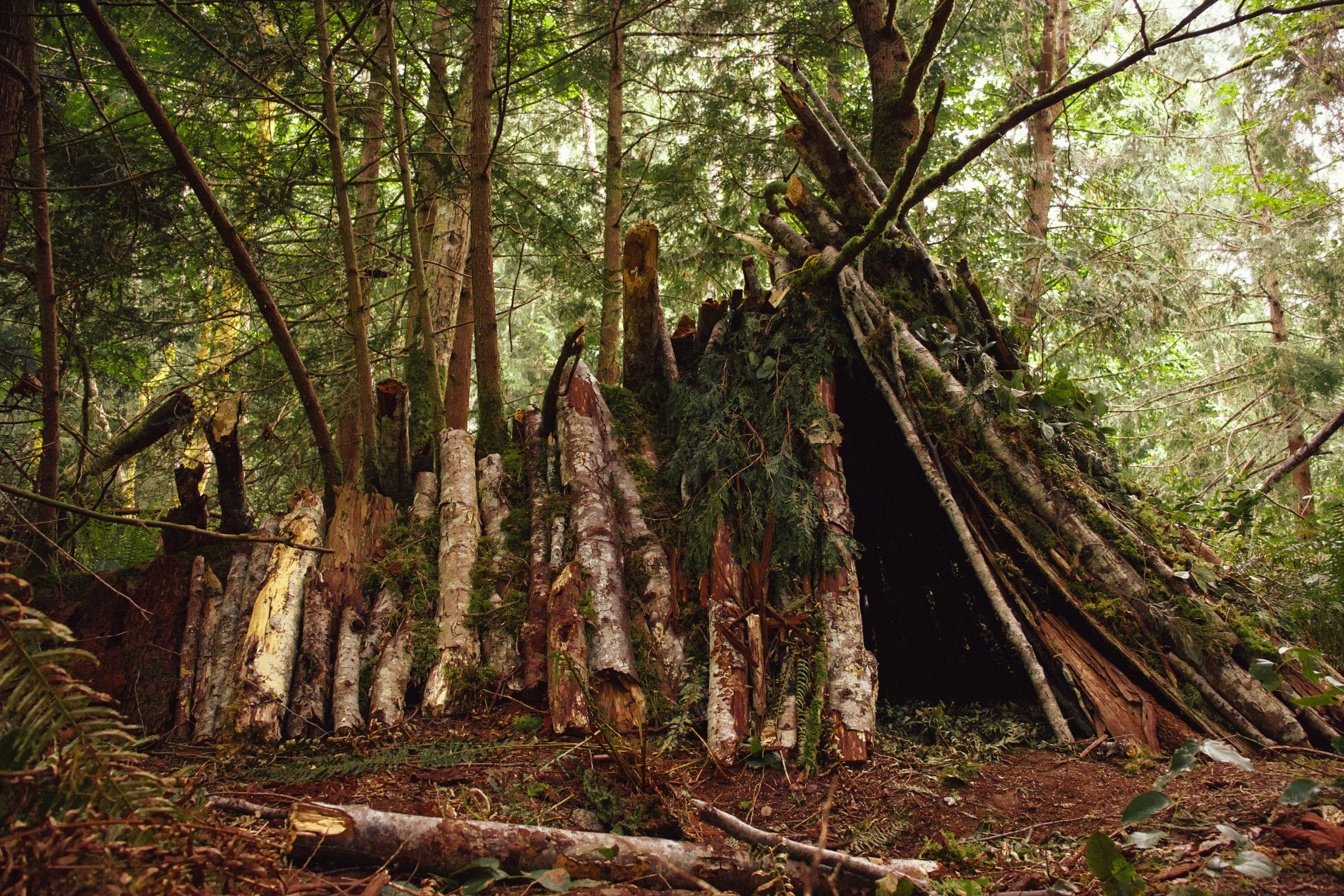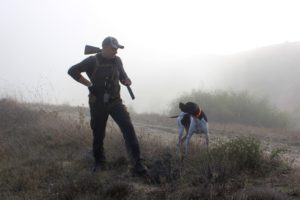Surviving in the wilderness can be a thrilling and exhilarating experience, but it also requires a certain level of preparedness and knowledge to ensure your safety. Whether you’re planning a backpacking trip, a hunting expedition, or simply enjoying a day hike, it’s important to be equipped with the right skills and knowledge to handle any situation that may arise. In this blog post, we’ll outline the top 10 essential survival skills that every outdoorsman should know before setting out into the wilderness.
- Navigation: Knowing how to use a map and compass, or even just understanding basic navigation techniques, can be a lifesaver in the wilderness. This skill will help you find your way in case you get lost, or if you need to make a detour due to impassable terrain.
- Fire-Starting: Being able to start a fire in the wilderness is crucial for warmth, cooking, and even signaling for help. Make sure to pack fire-starting materials, such as waterproof matches, a lighter, and firestarter, in your survival kit.
- Shelter Building: Knowing how to build a shelter can be a critical skill in the wilderness. Whether it’s a simple tarp shelter or a more advanced shelter made from natural materials, understanding how to construct a safe and protective shelter can mean the difference between survival and hypothermia.
- Water Purification: Clean water is essential for survival, but finding it can be a challenge in the wilderness. Knowing how to purify water using a water filter, purification tablets, or boiling can help you avoid water-borne illness.
- First Aid: Having basic first aid skills, such as wound care, CPR, and treatment of common ailments, can be critical in a survival situation. Make sure to pack a first aid kit, and familiarize yourself with its contents before setting out into the wilderness.
- Traps and Hunting: If you’re planning a longer trip in the wilderness, knowing how to trap and hunt for food can be a valuable skill. Familiarize yourself with local hunting laws and regulations, and practice ethical and responsible hunting techniques.
- Knot Tying: Knot-tying skills can be useful for a variety of wilderness tasks, such as securing your shelter, hanging food out of reach of animals, or constructing a fishing line. Practice a few basic knots, such as the square knot, the bowline, and the fisherman’s knot.
- Foraging: Knowing what plants and berries are safe to eat can be a lifesaver in the wilderness. Familiarize yourself with local flora and fauna, and always make sure to positively identify any plant or berry before consuming it.
- Signaling: If you get lost or separated from your group, knowing how to signal for help can be critical. Familiarize yourself with basic signaling techniques, such as using mirrors, flares, or whistles to attract attention.
- Stress Management: Staying calm and focused in a survival situation can be just as important as having the right skills and knowledge. Practice stress management techniques, such as deep breathing and visualization, to help you stay calm and focused in a survival situation.
In conclusion, having these 10 essential survival skills can greatly increase your chances of survival in the wilderness. However, it’s also important to remember that survival skills are only one aspect of wilderness safety, and that common sense and good judgment are critical in any outdoor adventure. Make sure to always inform someone of your plans, pack the right gear and supplies, and respect the wilderness and its inhabitants.






